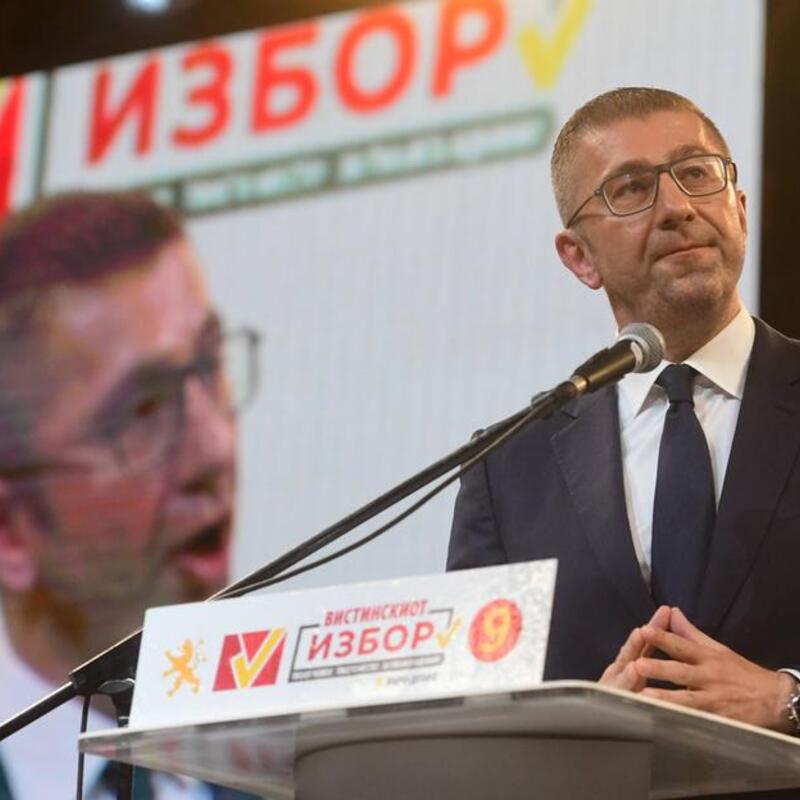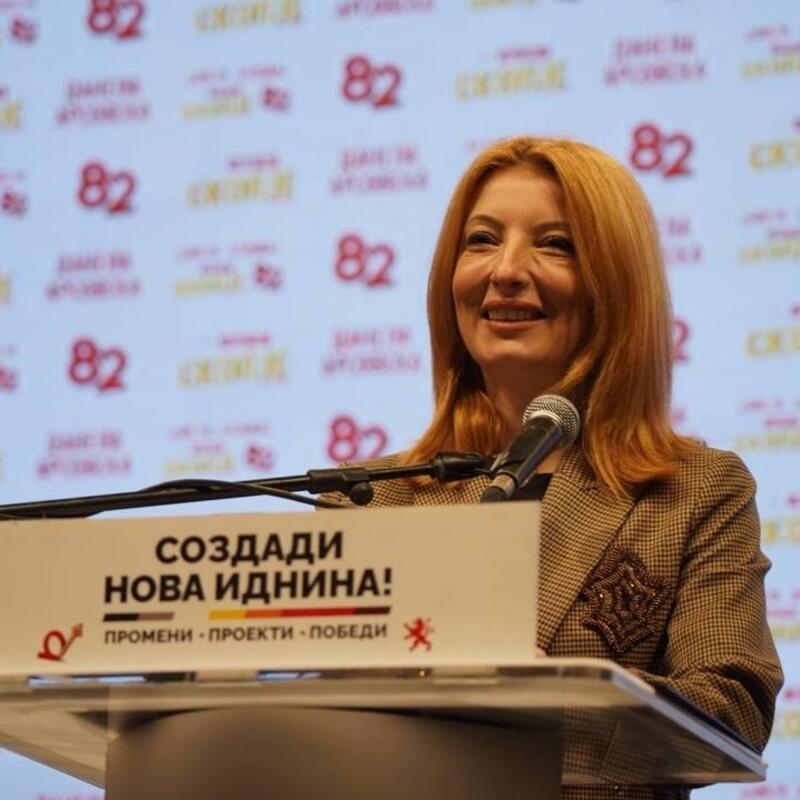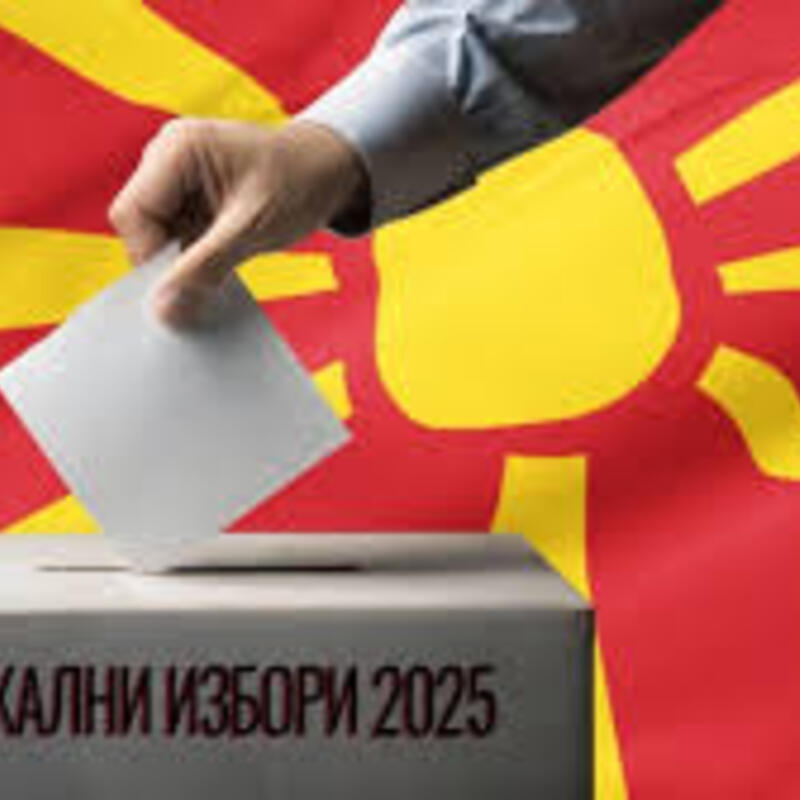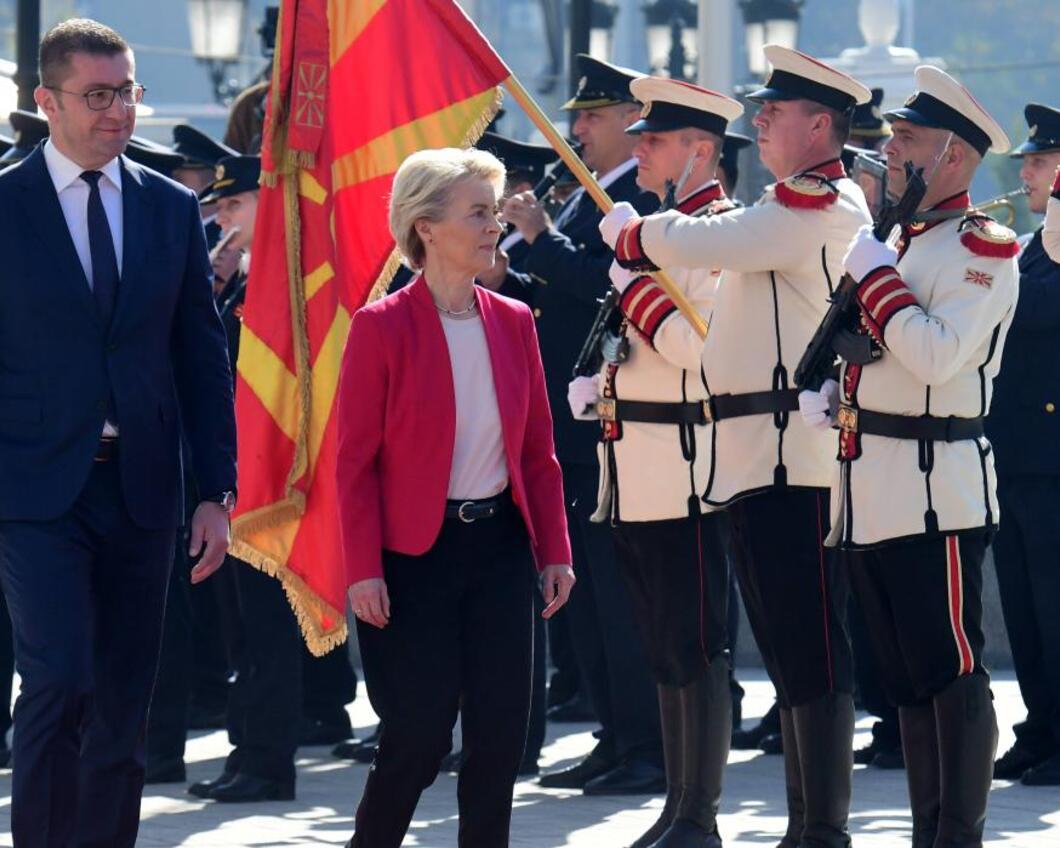This upcoming Sunday, the local elections will take place in North-Macedonia. We at IFG follow these closely, as our partner organization, the Democratic Renewal of Macedonia (DOM), provides us with important insight into local political dynamics and the broader context of the country. North Macedonia’s eighth local elections since independence in the early 1990s are to choose mayors and municipal councillors in 80 municipalities, plus the capital Skopje, which is considered the prize and has a special status.
National Issues Overshadow Local Affairs
Capitalizing on disillusionment with the slow pace of EU accession, and on disappointment with the failure of former SDSM-led governments to curb corruption and reinstate the rule of law, Mickoski continues to position himself as a defender of national identity, targeting the SDSM’s alleged “softness” in dealing with Bulgarian demands related to history, identity, and EU accession talks.
“This is not just about municipalities. This is about setting Macedonia on the right course, once and for all,” he recently said at a rally in Stip.
Local issues, like urban planning or municipal services, have been sidelined in the process.The Democratic Renewal of Macedonia (DOM), however, sees this as an opportunity and remains fully committed to bringing these topics back to the forefront while continuing to advance progressive policies at the national level for the benefit of

Shocking Moments and Shifting Coalitions
This election period has also been marked by two shocking moments that made the political temperature rise. The first shocking moment that shook up the political climate was when Arben Taravari and The Alliance for Albanians (AA) withdrew from the government, citing broken promises and insufficient Albanian representation. Ofcourse the reactions within the ruling coalition were marked by disappointment and frustration. The ruling party which carefully curated this coalition accused Taravari of acting not out principle, but self-interest of principle Observers widely interpreted Taravari’s move as less rooted in principle than in pre-election strategy. By stepping away ahead of the October local elections, he appeared to be strengthening his negotiating position - particularly regarding the allocation of mayoral candidates and councilor lists - while keeping the door open to potential cooperation with other parties, including former rivals.

The second shocking moment was when Danele Arsovska, The Mayor of Skopje returned to the spotlight in May 2025 with a string of corruption allegations targeting officials in the municipality of Čair. Arsovska parted ways with VMRO-DPMNE early in her mandate, following a public dispute with party leader Hristijan Mickoski over what she described as attempts to impose political control and issues related to questionable urban governance practices.
Either way, the current developments have made the local elections an important test for both municipal leadership and the overall political landscape, with potential implications at the local and national levels.
DOM as a Progressive Third Option
The Democratic Renewal of Macedonia (DOM), our partner organization in North-Macedonia is joining this election with list for local councillors in 9-11 municipalities. The bipolar political scene leaves limited space for smaller progressive parties but also opens a chance for DOM to position itself as a “third option.” Therefore, the upcoming local elections in October 2025 represent a crucial opportunity for DOM to strengthen its local presence and rebuild momentum. They are working with other parties and NGOs as partners. DOM has four local counselors, one in Skopje and three in three other cities. With these other parties also having local counselors, they broaden their reach in the country. DOM has already established a presence in municipalities where they previously did not have local branches, such as Ohrid.

In a political climate of distrust and strong accusations, DOM wants to focus on inclusivity and authenticity. They strive to remain authentic, visible, and recognized for their sincere approach to politics. For example, in the City of Skopje, they supported a person with a disability as the lead candidate, a strong message of inclusion, coming from an association and proposed by our coalition partner. Furthermore, they remain committed to their green and progressive values in the context of a dominant right-wing environment.

